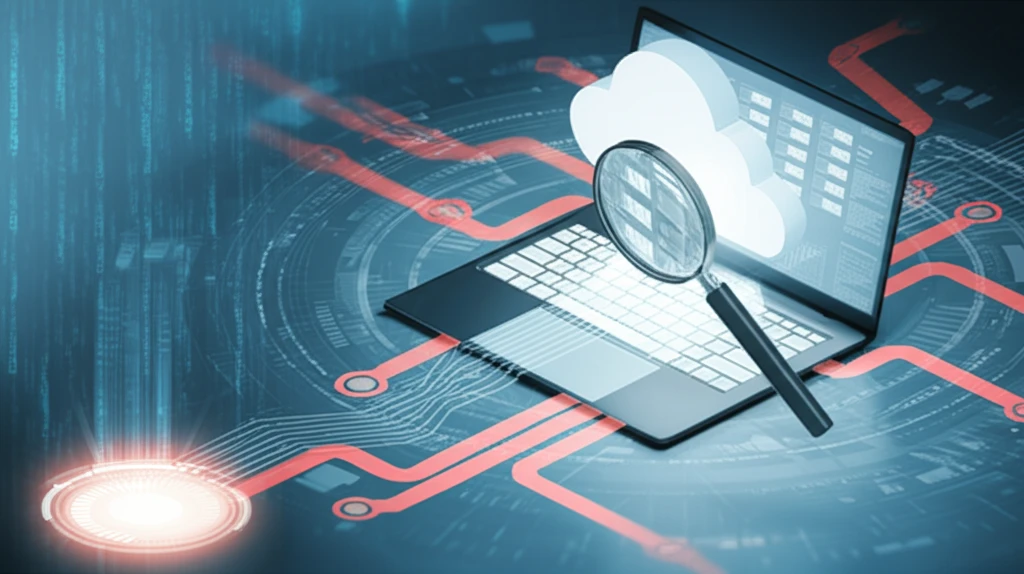
Unlock the Cloud: A Beginner's Guide to Endpoint Forensic Tools
"Protect Your Data: Understand how forensic tools safeguard cloud data on personal devices."
In an era where our digital lives are increasingly interwoven with cloud services, understanding the security measures that protect our data is more critical than ever. From personal documents to sensitive business information, a vast amount of data now resides not just on our personal computers, but also on remote servers accessed through devices like laptops, tablets, and smartphones. This interconnectedness, while offering unparalleled convenience, also presents unique challenges in maintaining data security and integrity.
Cloud endpoint forensic tools are essential for protecting this data. These tools are designed to investigate and extract data from both the endpoint devices we use daily and the cloud services where our data resides. Think of them as digital detectives, equipped to trace the pathways of data, identify potential vulnerabilities, and recover crucial information in the event of a security incident. Understanding these tools is especially relevant for IT professionals, cybersecurity enthusiasts, and anyone keen on safeguarding their digital footprint.
This article will break down the complex world of cloud endpoint forensics into easy-to-understand concepts. We will explore the types of tools available, how they work, and why they are vital for maintaining security in our cloud-dependent world. Whether you are a tech novice or a seasoned professional, this guide will provide you with actionable insights to protect your data in the cloud.
Why Cloud Endpoint Forensics Matters: Protecting Your Digital Life

The rise of cloud computing has transformed how we store, access, and manage data. Services like Google Drive, Dropbox, and Microsoft OneDrive have become integral to our daily routines, both personally and professionally. However, this convenience comes with inherent risks. Data breaches, malware infections, and unauthorized access can compromise sensitive information stored in the cloud. This is where cloud endpoint forensics plays a crucial role.
- Identifying Vulnerabilities: Pinpointing weaknesses in your security posture.
- Responding to Incidents: Swiftly addressing breaches to minimize damage.
- Recovering Data: Retrieving lost or compromised information.
- Ensuring Compliance: Meeting regulatory requirements for data protection.
- Strengthening Security: Implementing proactive measures to prevent future incidents.
Securing Your Cloud Future: Taking Control of Your Data
As cloud services continue to evolve and become more deeply integrated into our lives, the importance of cloud endpoint forensics will only continue to grow. By understanding the tools and techniques available, and by taking proactive steps to secure your data, you can navigate the cloud with confidence. Whether you’re a tech-savvy individual or a seasoned IT professional, embracing cloud endpoint forensics is essential for protecting your digital future and maintaining control over your valuable data.
